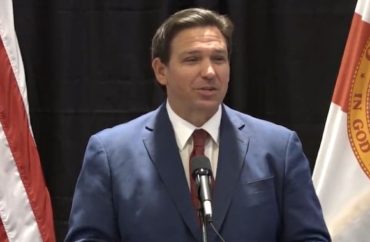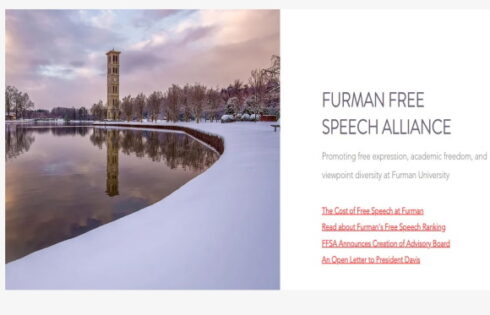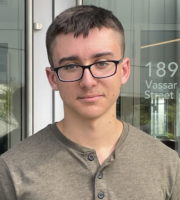
‘We are following through on our commitment to crack down on Communist China,’ Gov. Ron DeSantis said
Florida public universities will have a harder time accepting grants or working with the People’s Republic of China and other “countries of concern” due to a recently enacted law.
Senate Bill 846, which became effective on July 1, prohibits “state universities and state colleges from accepting grants from or participating in partnerships or agreements with a college or university based in a foreign country of concern or with a foreign principal unless specified conditions are met,” according to the legislative summary.
It also requires the Board of Governors to approve partnerships with foreign countries or other entities.
Governor Ron DeSantis signed the legislation as part of a package of bills aimed at “counteract[ing] the malign influence of the Chinese Communist Party in the state of Florida,” which he called the “greatest geopolitical threat” in a news release.
“I’m proud to sign this legislation to stop the purchase of our farmland and land near our military bases and critical infrastructure by Chinese agents, to stop sensitive digital data from being stored in China, and to stop CCP influence in our education system from grade school to grad school,” DeSantis said, commenting on the package of bills. “We are following through on our commitment to crack down on Communist China.”
The College Fix reached out to four public universities in Florida via email to ask for their perspective on this new law and its potential effects.
The Fix reached out to the University of Florida, Florida State University, Florida Atlantic University and Florida International University but none have responded in the past two weeks.
The legislation passed with wide bipartisan support, although other bills in the package that would have restricted some property purchases for citizens of certain foreign countries drew protests, according to the Tallahassee Democrat.
The influence of foreign adversaries on American education also has raised concerns among federal lawmakers, including Senator Marco Rubio, who represents Florida.
MORE: Alabama university closes China-sponsored Confucius Institute
In a news release last year, Senator Rubio emphasized that “China itself is not the problem, much less the Chinese people.” Rather, the organization and leadership of the CCP is what poses the threat to United States national security.
Rubio sent letters to 26 presidents of “Florida research colleges and universities,” urging them to remain vigilant of the CCP’s practices and attempts to “advance their malign agenda.” Rubio particularly notes that the CCP’s agenda includes their “open intent to develop new technologies” with the ultimate goal of “overpower[ing] the American military in a future conflict.”
Researchers, current and former government officials and public policy analysts have expressed concern regarding the Chinese Communist Party’s increased influence on U.S. universities, especially by financial means.
John Metz, president of the Athenai Institute, has repeatedly stressed that the CCP must not be assisted in its “ongoing campaign to spread its totalitarian, genocidal political system” to the United States and around the world.
“[T]he Chinese government sees its students abroad as an extension of itself,” Metz previously told The Fix.
The CCP puts “intense pressure on Chinese students to enforce ideological conformity” to the Communist agenda and even encourages students to “inform on each other to its intelligence agents,” Metz said.
MORE: Stanford took in $27 million+ from China since 2021
IMAGE: Ron DeSantis/Twitter
Like The College Fix on Facebook / Follow us on Twitter





Please join the conversation about our stories on Facebook, Twitter, Instagram, Reddit, MeWe, Rumble, Gab, Minds and Gettr.